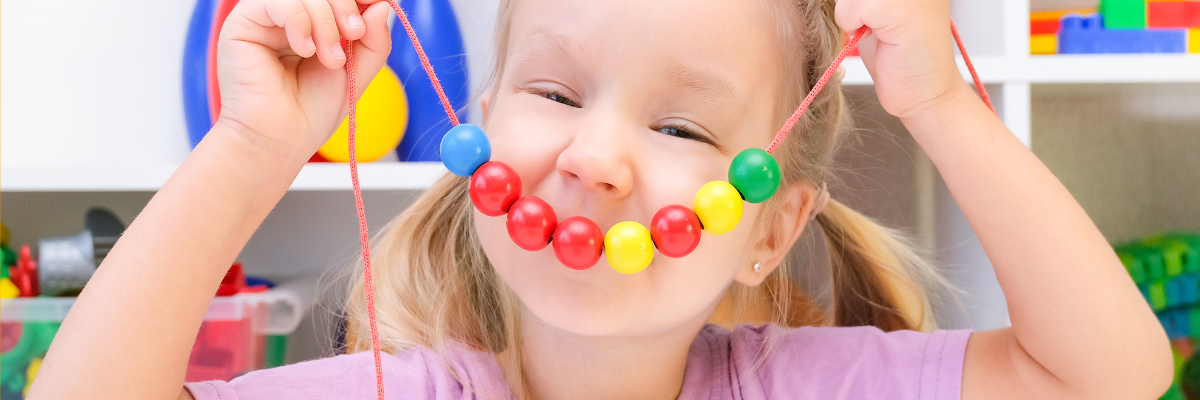Understanding Child-Centered Play Therapy (CCPT)
Child-Centered Play Therapy (CCPT) is an evidence-based approach that helps children explore their emotions, resolve conflicts, and build overall well-being—through the power of play. In this blog, we’ll break down the core principles of CCPT, its benefits, and why it’s such a powerful tool for helping children navigate emotional challenges.
What Is Child-Centered Play Therapy?
CCPT is a nondirective, child-led approach to therapy. Instead of asking children to talk directly about their problems, it gives them a safe space to express themselves naturally through play. In this supportive environment, children can use toys, art, and imagination to work through their feelings. The therapist follows the child’s lead with empathy and acceptance, helping them build trust, emotional awareness, and healthy coping strategies.
Benefits of Child-Centered Play Therapy
- Encourages Emotional Expression
Children often struggle to express emotions like grief, anger, anxiety, or fear with words. CCPT gives them a way to “speak” through play. For example, a child might act out a scary experience with dolls or role-play different ways to handle conflict. This symbolic expression can lead to powerful emotional healing over time. - Helps Process Trauma and Loss
For children who have experienced trauma, loss, or big life changes—like a death in the family, divorce, or abuse—CCPT can be especially effective. Play becomes a safe outlet for overwhelming emotions, allowing them to make sense of what happened and begin to heal. - Builds Self-Regulation and Coping Skills
Through play and connection with the therapist, children learn how to handle frustration, anxiety, and disappointment in healthier ways. These emotional regulation skills carry over into everyday situations at home, school, and in social settings. - Boosts Confidence and Self-Esteem
When children are accepted without judgment and given control over their play, they feel valued. Over time, this builds self-confidence and teaches them that their feelings matter—and that they have the ability to solve problems on their own. - Strengthens Social Skills
Whether it’s learning to take turns, share, or resolve conflicts, CCPT provides opportunities to practice real-life social skills through play. These lessons help children form stronger, more positive relationships with peers and adults. - Offers a Safe Space for Exploration
CCPT gives children the freedom to explore who they are, what they feel, and how they relate to the world around them. With a supportive therapist by their side, they gain insight, build self-awareness, and grow emotionally.
Who Can Benefit from Child-Center Play Therapy?
Child-Centered Play Therapy is effective for a wide range of emotional and behavioral challenges, including:
-
Anxiety, depression, or frequent anger
-
Grief and loss
-
Difficulty with family transitions (e.g., divorce or parental conflict)
-
Social, emotional, or behavioral difficulties
-
Developmental delays or disabilities
CCPT is typically used with children ages 3 and up, and its flexible, child-led nature makes it adaptable to many different needs.
How Carolina Therapy Connection Can Help
At Carolina Therapy Connection, we’re passionate about supporting children and families through a variety of therapeutic approaches—including Child-Centered Play Therapy.
If you think CCPT could benefit your child, we’d love to help. Contact our mental wellness team today to schedule a free 15-minute consultation and see how we can support your family’s journey.

